Latest Posters
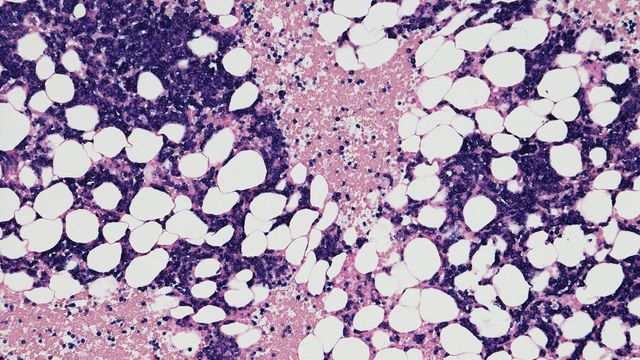
Poster
Retrieve More Information From Limited DNA
This poster highlights how this technology can provide accurate detection of genetic variants and variant-associated methylation in colorectal cancer samples.
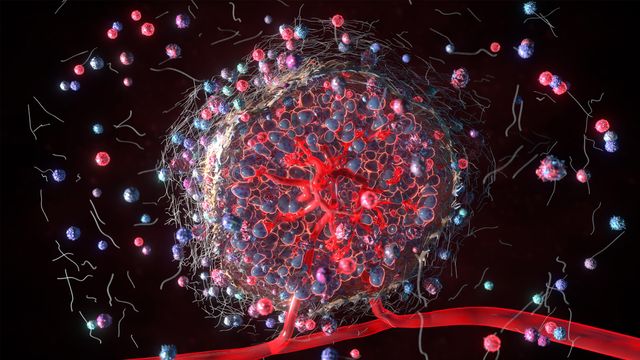
Poster
Analyzing Tumor Heterogeneity With Mass Spectrometry and Spatial Biology
This poster highlights the latest spatial biology solutions for GBM tissue analysis, offering critical insights into the metabolic signatures and immune cell infiltration of this tissue type.
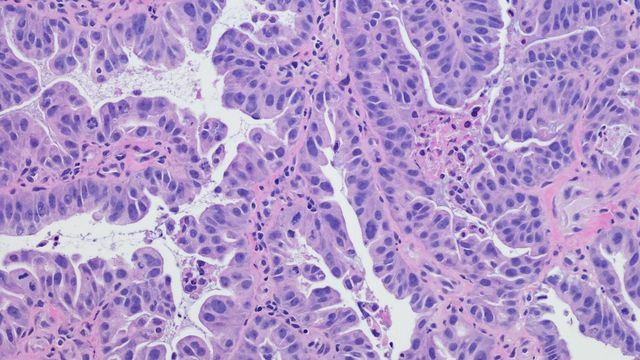
Poster
Spatially Profile Human Immune Cells Within FFPE Tissue Samples
Despite the valuable transcriptomic information provided by probe-based spatial assays, detecting immune cell infiltration can pose challenges

Poster
Refining Liquid Biopsy: Generating More Information From Cell Free DNA
Liquid biopsy for profiling of cell free DNA (cfDNA) in blood holds huge promise to transform how we experience and manage cancer by early detection and identification of residual disease and subtype. However, a standard blood draw yields an average of only 10 ng of cfDNA, of which DNA derived from the tumor is a small minority.
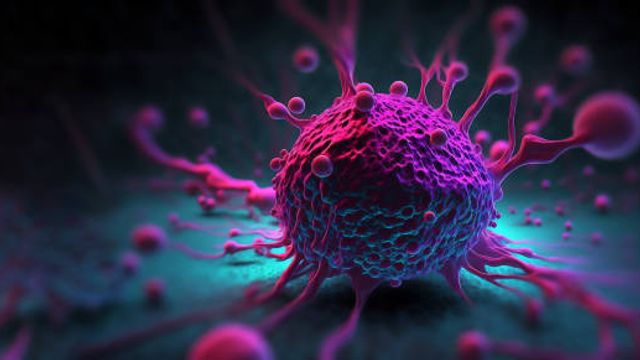
Poster
Precise Morphological Analysis of Tumors With Whole Transcriptomics
Researchers require spatial information and high-plex gene expression data to understand how cells interact with tumors. However, molecular subtyping within a tumor type requires additional stratification at the tissue level to facilitate meaningful subsequent gene expression analysis.
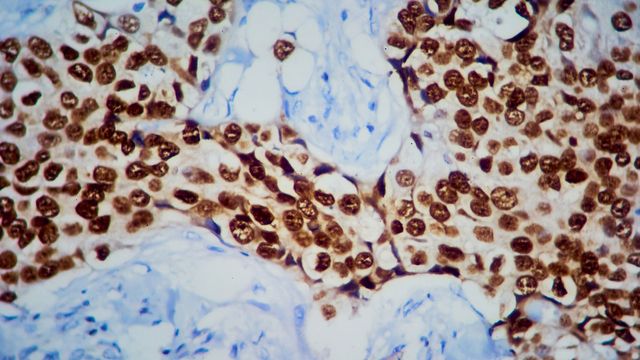
Poster
The Role of Mass Spectrometry Imaging in Studying Tumor Metabolism
In tumors, metabolic shifts cause increased glucose uptake and fermentation. Traditionally, bulk analysis has been used to measure tumor metabolism, however, all tumors show some heterogeneity, and only an average measurement is produced by bulk analysis.
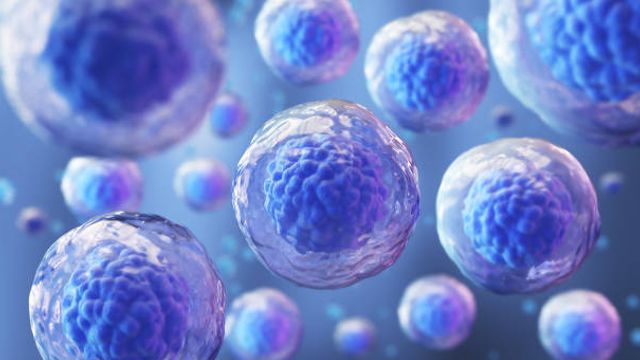
Poster
Precise Spatial Multiplexing of Immune Cell Diversity in Clinical Tumor Samples
Highly multiplexed spatial biomarker analysis has demonstrated the potential to advance our current understanding of the immune system and its role in cancer.
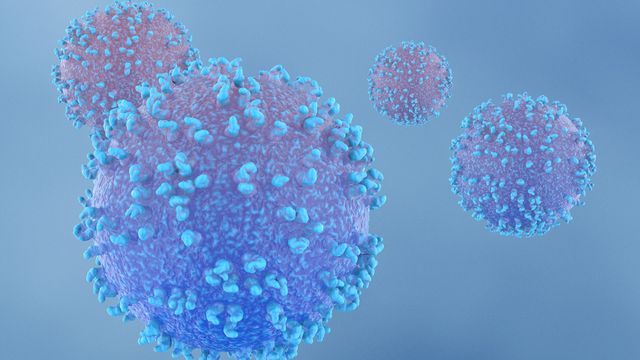
Poster
Restoring T Cell Function in Exhausted T Cells
T cells can develop an exhausted phenotype due to prolonged antigen stimulation, resulting in reduced proliferative potential and loss of cytotoxic funtion. This can occur within the tumor microenvironment, allowing cancer cells to escape immune surveillance.
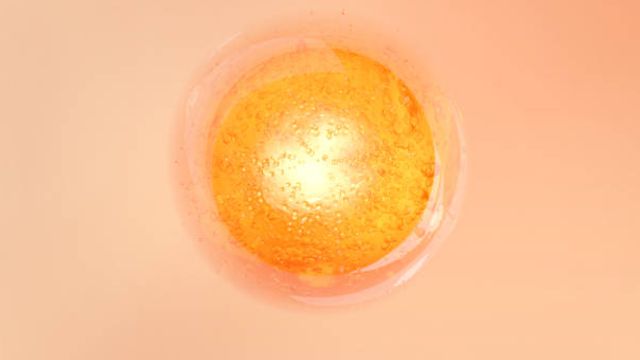
Poster
Expanding Practical Education With Brightfield Imaging-Enabled Flow Cytometry
Insights and Expanding Practical Education in a Core Facility With Brightfield Imaging-Enabled Flow Cytometry
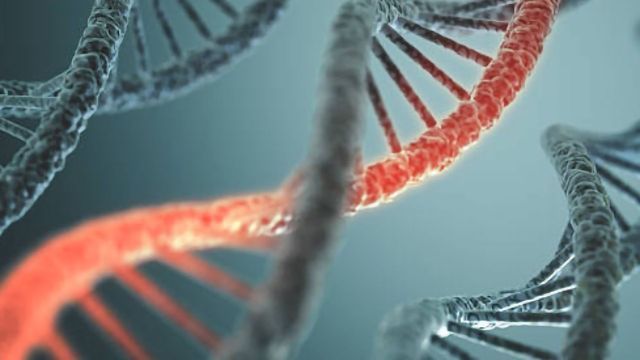
Poster
Accelerating mRNA-Based Therapy Development
The diversity of potential mRNA-based therapies has led to increased interest in using synthetic mRNA as a tool in the treatment of multiple diseases. Nevertheless, obtaining larger quantities of synthetic mRNA for clinical treatment remains a challenge.
Advertisement

